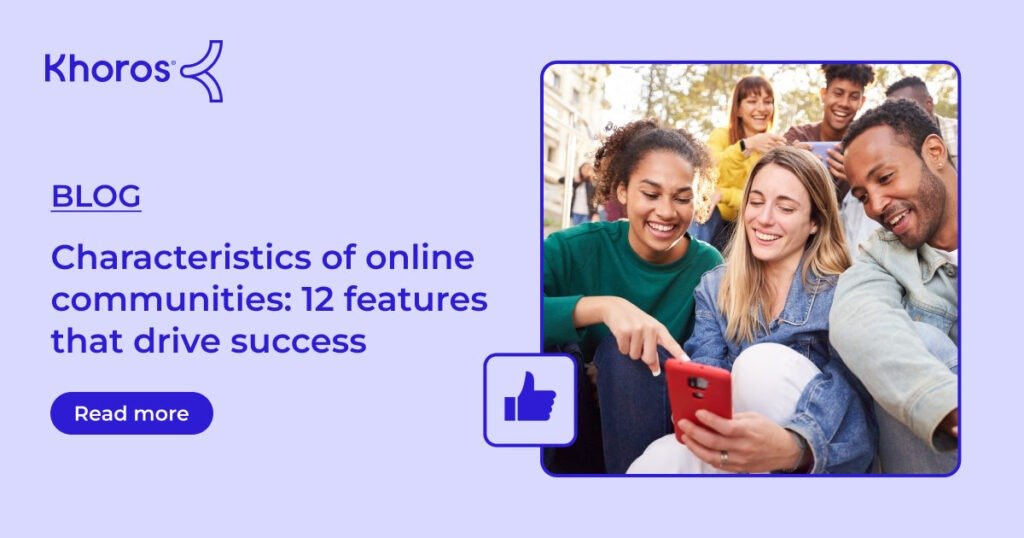
Forums provide an effective platform for discussions and support. Commonly found within community platforms, forums enable members or customers to seek advice or exchange knowledge within one centralized hub.
Forums also play an essential part in democratizing information, empowering users to shape discussion and dialogue. Balancing user profiles with anonymity, forums provide an engaging social experience unlike anything found on larger social media platforms.
Definition
Forums are typically discussion groups in which members interact on various topics through threaded conversations hosted on specific threads of forum software, typically hierarchical and tree-like in structure. Participants are encouraged to reply to one another’s posts; replies made most recently will appear first on a list. Post authors may “sage” (IPA: [sa-gee]) one that they wish to remain at the top without further bumping. Most forums allow subscribers to subscribe to threads via the software that notifies them when new posts come online while they remain logged in; users may also subscribe via subscribe button notifications provided by software that notifies them whenever new posts occur while they remain logged in.
Social networks tend to reach a wide audience and utilize hashtags and trending topics to make their content discoverable, while forum discussions typically use text-only formats and have less of an immediate nature than their social counterparts. Also, forums tend to have less personal interactions and slower response times than social media platforms; additionally moderation of large forums may present challenges as public posts can attract negativity or trolling that disrupt discussions.
Though many view forums as social media, others take a different view: some consider them separate platforms because they serve to bring people with similar interests together while avoiding any of the negative connotations associated with social networks like Facebook.
Functions
When searching for advice or insight for work projects, forums can be an excellent source. Many even consider forums a form of social media; though their reach might not match that of platforms like Facebook and Instagram.
Though forums function similarly to social networks, they also boast some distinct qualities that set them apart. For instance, forums typically allow for greater anonymity than some other forms of social networks and often focus on specific topics or industries.
Forums have long been an essential component of online communication and continue to serve as valuable assets in today’s digital environment. Their ability to bring individuals with similar interests together makes forums an efficient means for building relationships among co-workers and customers alike.
However, appearing genuine on discussion forums requires an element of finesse in order to avoid using it merely as a marketing vehicle for your business. While advertising on forums is certainly possible and welcomed, users are quick to spot self-promotion; therefore it is more effective if content appears more genuine and pertinent to their interests than self-promotion attempts.
Anonymity
Forums have long been an integral part of the Internet, yet are less well known than platforms such as Twitter or Instagram. Forums provide users with a platform for discussing topics of personal interest – many are dedicated to particular fields like computer software or car racing; some forums may be open or limited in who may join.
Most forums feature an option for members to subscribe to threads, with software automatically notifying them when new content appears in those threads. Furthermore, members can use this software to mark messages as read and mark albums as favorites; some also permit picture albums and personal galleries, and many people choose to upload avatars so as to become more recognizable on the website; in addition, signatures (sometimes called sigs) often have size restrictions in order to prevent spamming the threads.
Most forums utilize an opinion poll system that allows users to cast votes on specific threads. You can choose whether the votes will be shown publicly or only to the creator of that thread. Furthermore, many forums allow for the use of emoticons – text-based symbols which convey emotion in messages or conversations – making your forum experience truly personal and emoticons an integral part of it all.
Community
Forums and social media both facilitate interaction and networking; however, their respective methods differ in how this takes place. Forums focus on threaded discussions that rely on community participation allowing for a more intimate exchange of information.
People choose forums because of their community-focused aspect; people like to feel part of something, and it can be hard to achieve that on large platforms like Twitter or Facebook. Forums also allow for in-depth discussions on specific topics that might not always be possible on other platforms due to character limits or the desire for shorter posts that grab people’s attention quickly.
Forums also tend to be more customizable than other types of platforms, which can be both good and bad depending on how it’s used. Being able to adjust settings or encourage specific behaviors may make the experience more pleasurable, yet can have unintended repercussions, for instance when used improperly to promote businesses such as theirs.
Users of forums will quickly recognize any form of self-promotion or spam that threatens the community and damages its credibility, though proper advertising on forums may prove useful in reaching new customers.


